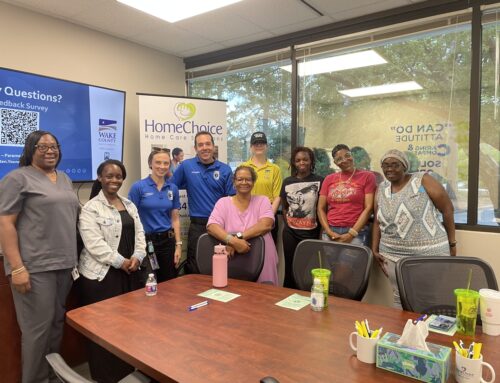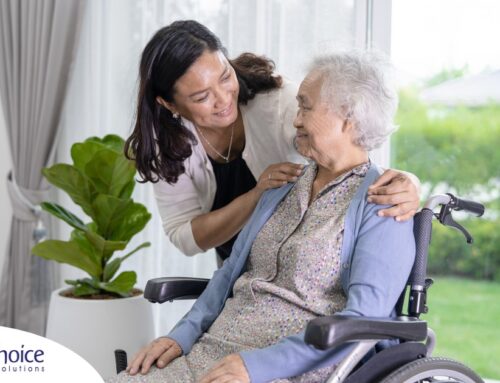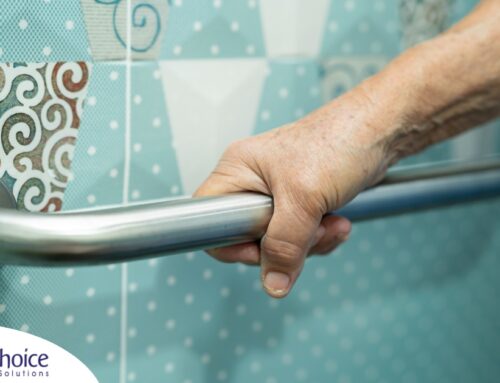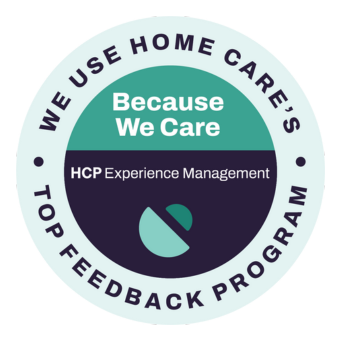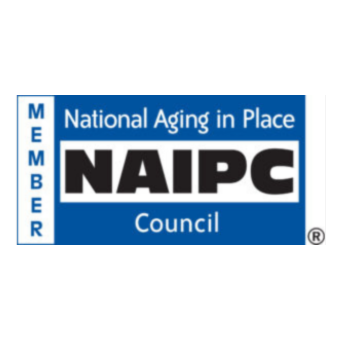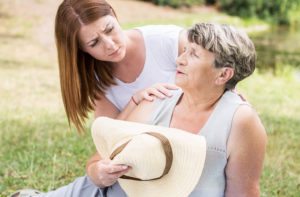
Home Care in Garner NC: What to do if a Senior Faints
Fainting is not often serious for many people, but in your aging family member, it could be a sign of other issues, such as low blood pressure. Should your elderly family member faint, try to remember these steps.
1. Try to Break Her Fall.
The first step when you notice that your elderly family member is about to faint is to do what you can to help break her fall. Try to protect her head and to maneuver her to a seated position. If you’re not able to do that, at least help her to lie down carefully.
2. Verify Whether Your Senior Is Conscious.
You’ll need to ascertain whether your aging family member is indeed conscious. Try to gain eye contact with your senior and determine whether she’s able to focus on you or not.
3. Call 911 if She Loses Consciousness.
If your elderly family member doesn’t seem to be conscious or she’s not responding, call 911 right away. Losing consciousness can be a sign that there is something else going on. Having medical help on the way as quickly as possible is essential.
4. Check to See if She’s Breathing.
Verify whether your aging family member is breathing. If she doesn’t seem to be breathing, start CPR right away. Taking CPR training classes isn’t essential for being a family caregiver, but you might want to do this anyway to make sure you’re prepared for almost any situation.
5. Note the Time, if Possible.
If it’s possible, try to note what time it was when your aging family member fainted and how long it took her to recover. This could be information that the EMTs need. It is also information that your elderly family member’s doctor will find useful later.
6. Don’t Jump up Right Away.
In the event that your aging adult recovers quickly, do what you can to help her to take her time getting up. In fact, she might benefit from a glass of water and from staying seated for a bit longer. Rising too quickly could send her into another faint, which you want to avoid.
If fainting is a common problem for your elderly family member, consider hiring home care providers to be there when you can’t be. You’ll be able to have peace of mind knowing that someone is there with your senior.
